Signs and responses to toxic relationships in teenagers
In the weeks leading up to Valentine’s Day, you may have heard the phrase “love is in the air”. But it is important to make sure that the buzzing you feel in the atmosphere is, in fact, love, and not just a pesky mosquito.
In the rush to fall in love, many high schoolers find themselves in dangerous and unhealthy situations instead. One-third of young people experience an abusive relationship in their life. Teenagers are particularly susceptible to this kind of manipulation, because their brains are only 80 percent developed, and the main portion that has not formed yet, the pre-frontal cortex, impacts decision making.
Unfortunately, this means that it is safe to assume Teenagers at Buena are currently stuck in emotionally, physically, verbally, and psychologically abusive relationships. Sadly, because the idea of students dating is still considered taboo and adults often downplay the importance of teenage feelings and relationships, the truth of these relationships is not talked about nearly enough.
The best way to help yourself is to be aware of the signs. Some of the main indications of an unhealthy relationship are gaslighting, controlling your friendships and behaviors, lack of effective communication, putting in effort that is not reciprocated, a drop in self-esteem, and outright physical abuse.
It’s important to note that if an argument between you and your partner gets violent, you may be tempted to write it off as a one-time thing, but it most likely is not; those kinds of behaviors are almost always repeated, and you will not be the outlier.
Another sign of an unhealthy relationship dynamic, that is specific to teenagers, is age differences. As normalized as it is, anything larger than a two-year gap in teenage relationships causes vast maturity differences that make it easy for victims to be influenced and manipulated.
The process of luring somebody younger into romantic or sexual relationships that they may be too naive to understand, is called grooming. This is commonly the case in age gap relationships in high school.
All of this begs the question of what to do if you find yourself or a loved one in this kind of situation. Which brings up another question that the victim must ask themself: do you want to fix it or leave it?
It is possible for toxic relationships, so long as they do not include abuse, to be improved. However, in order for this to happen all parties involved need to be seriously determined to work for it, and they need to want to better themselves and each other. This process is difficult and requires complete dedication, so be aware that actions speak louder than words; if someone is saying that they want to fix things, but are not taking any action towards growing, then that is the end of the road and the relationship will never improve.
The best advice that can be given about leaving and healing from a toxic relationship is to get help, professional or otherwise. Whether this is to help set up an escape plan or just to cope with the emotional turmoil of realizing that you have to let go of someone you care about. Another good course of action is to tell people what is happening, and that you plan to leave. It is easy for victims to get looped back into these situations when their partner starts to realize they are losing them. Telling people who care about you holds you to your decision to leave.
Once you decide to leave, the best thing to do is cut off contact with that person completely. Remember, you owe them nothing. There is no reason to keep someone in your life if they have a negative effect on it.
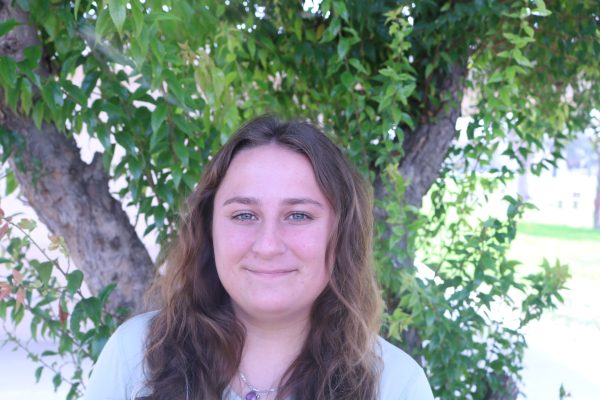
Madysen Hawley is a senior in her third year of journalism. She enjoys listening to music, going to concerts, crocheting, and watching football.



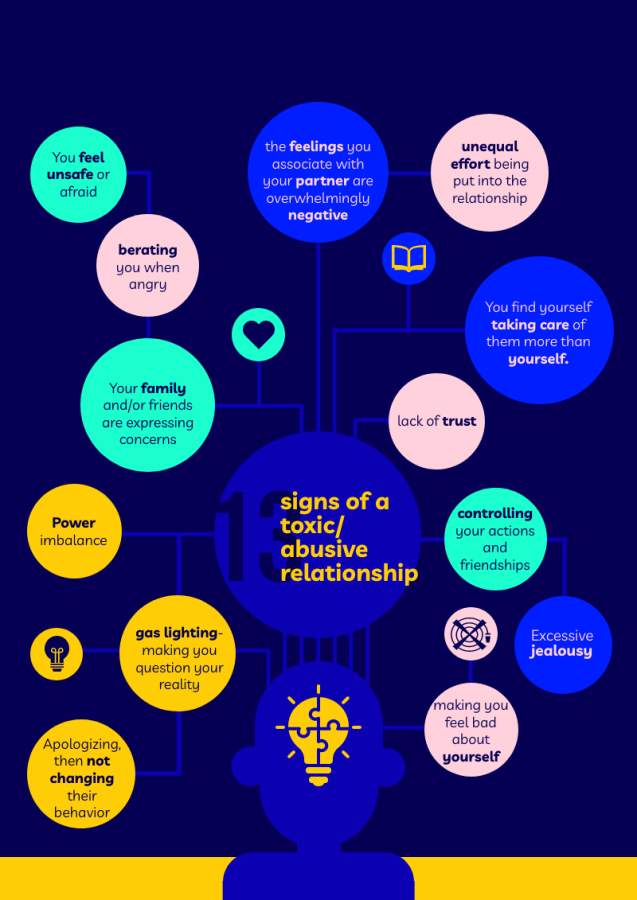

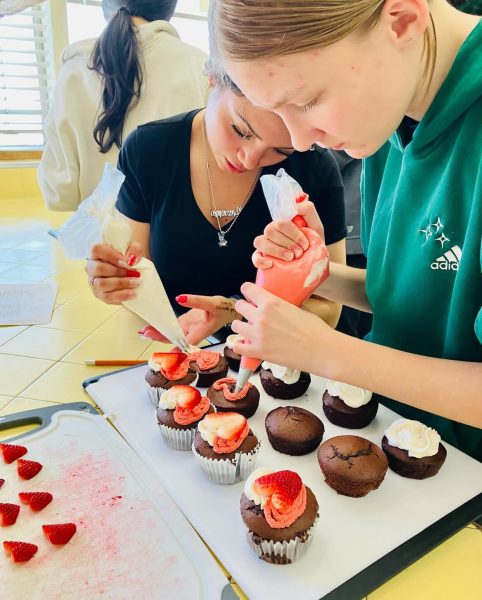
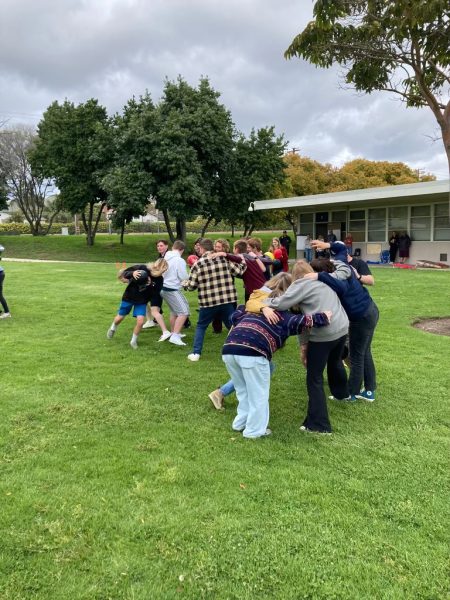
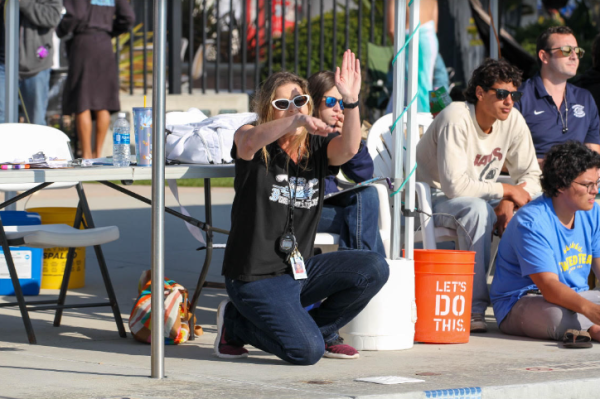
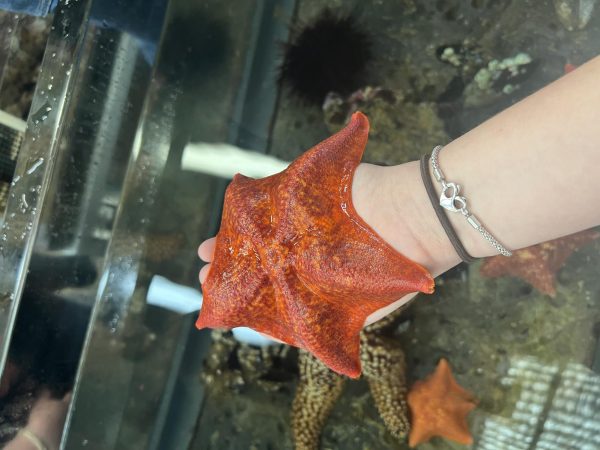
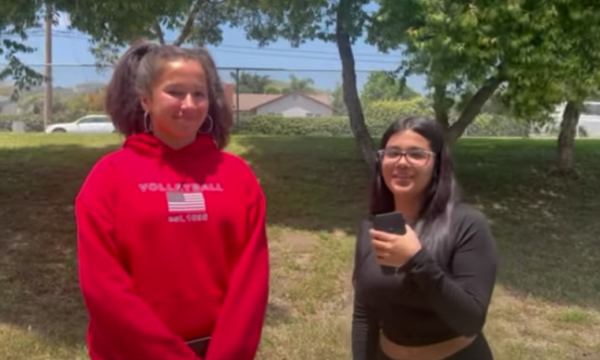

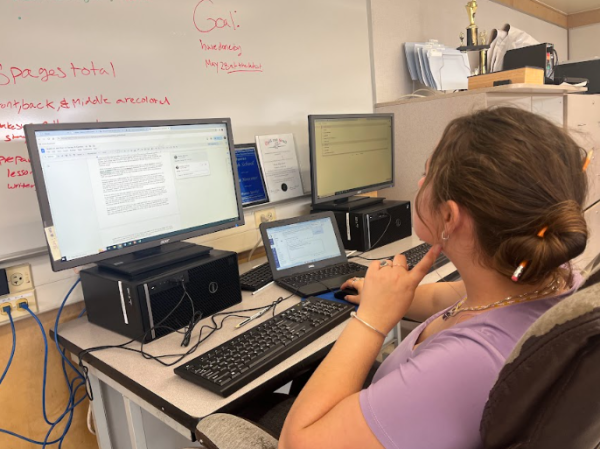


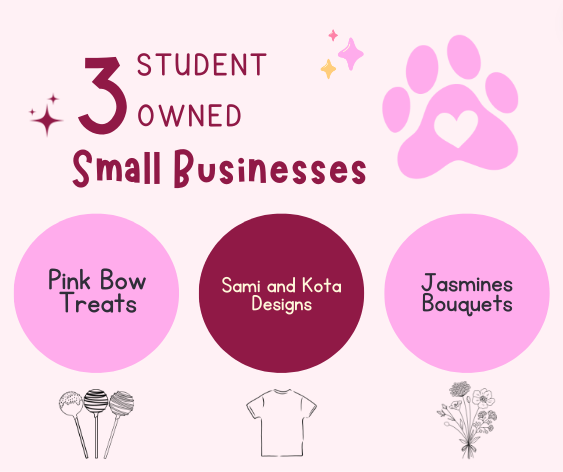




Mr. Hendricks • Mar 3, 2022 at 9:52 am
Madysen- Your article is insightful, well researched, and possesses essential tools to help raise awareness and perspective in young people,…and people in general.
Well done!!
Mr. H